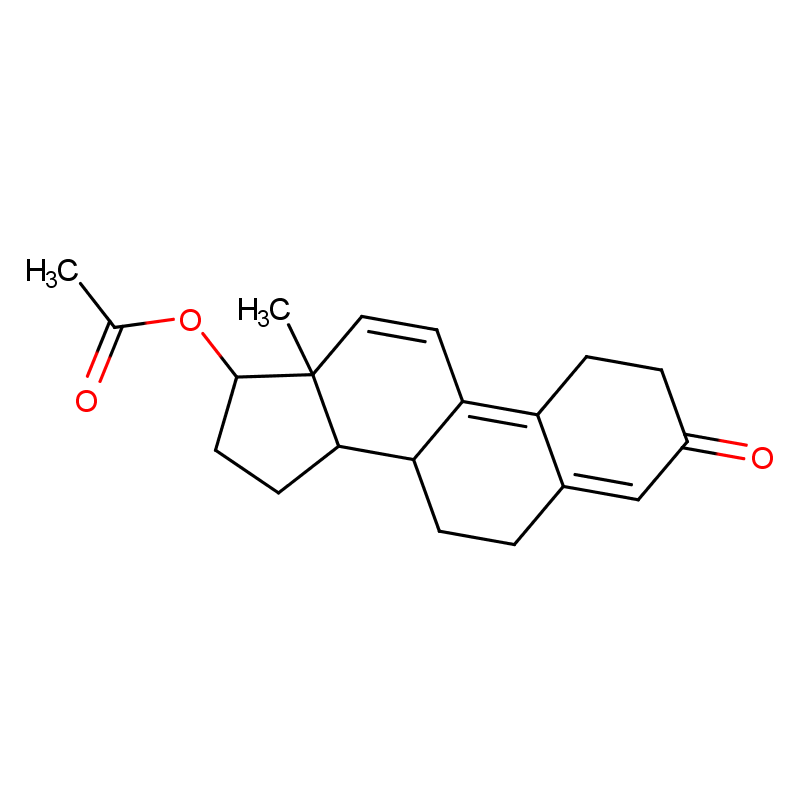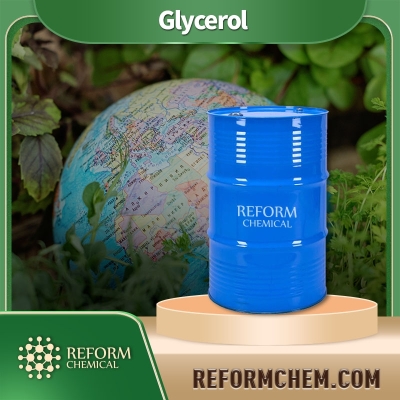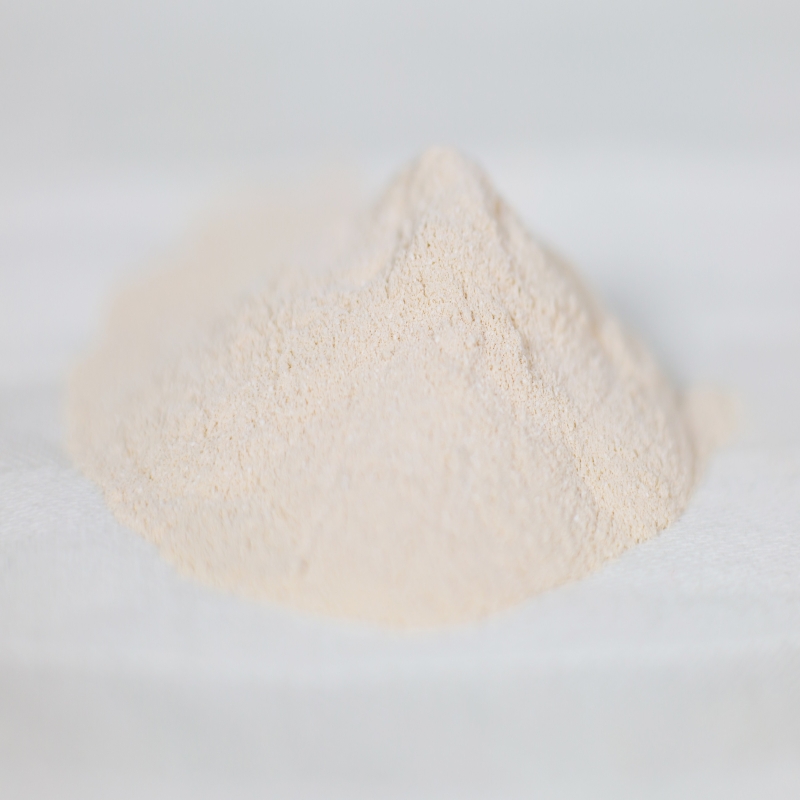-
Categories
-
Pharmaceutical Intermediates
-
Active Pharmaceutical Ingredients
-
Food Additives
- Industrial Coatings
- Agrochemicals
- Dyes and Pigments
- Surfactant
- Flavors and Fragrances
- Chemical Reagents
- Catalyst and Auxiliary
- Natural Products
- Inorganic Chemistry
-
Organic Chemistry
-
Biochemical Engineering
- Analytical Chemistry
-
Cosmetic Ingredient
- Water Treatment Chemical
-
Pharmaceutical Intermediates
Promotion
ECHEMI Mall
Wholesale
Weekly Price
Exhibition
News
-
Trade Service
Bismuth sodium tartrate is a chemical compound that is widely used in various industries, including the chemical, pharmaceutical, and cosmetics industries.
It is commonly used as a catalyst, stabilizer, and neutralizer in various chemical reactions.
Bismuth sodium tartrate can be synthesized through several different routes in the chemical industry.
One of the most common methods for synthesizing bismuth sodium tartrate is through the reaction of bismuth nitrate with sodium tartrate.
This process involves mixing bismuth nitrate and sodium tartrate in a suitable solvent, such as water or ethanol, and heating the mixture to a temperature of around 100-150 degrees Celsius.
The reaction is typically carried out in several stages, with the solution being filtered and concentrated between each stage to remove any impurities.
Another method for synthesizing bismuth sodium tartrate involves the reaction of bismuth oxide with sodium tartrate.
This process involves mixing bismuth oxide and sodium tartrate in a suitable solvent, such as water or ethanol, and heating the mixture to a temperature of around 200-250 degrees Celsius.
The reaction is typically carried out in several stages, with the solution being filtered and concentrated between each stage to remove any impurities.
A third method for synthesizing bismuth sodium tartrate involves the reaction of bismuth carbonate with sodium tartrate.
This process involves mixing bismuth carbonate and sodium tartrate in a suitable solvent, such as water or ethanol, and heating the mixture to a temperature of around 150-200 degrees Celsius.
The reaction is typically carried out in several stages, with the solution being filtered and concentrated between each stage to remove any impurities.
Overall, the synthetic routes of bismuth sodium tartrate involve the reaction of bismuth nitrate, bismuth oxide, or bismuth carbonate with sodium tartrate in a suitable solvent.
The reaction is typically carried out in several stages, with the solution being filtered and concentrated between each stage to remove any impurities.
The synthesized bismuth sodium tartrate can be further purified through various methods, such as crystallization or recrystallization, to obtain a pure form of the compound.
Bismuth sodium tartrate is widely used in various industries due to its unique properties and versatile applications.
Its high thermal stability and low solubility in water make it an ideal catalyst and neutralizer in various chemical reactions.
It is commonly used in the production of vaccines, cosmetics, and pharmaceuticals, and it has been shown to have antioxidant and anti-inflammatory properties.
In conclusion, bismuth sodium tartrate is a widely used chemical compound that can be synthesized through several different routes in the chemical industry.
The most common methods involve the reaction of bismuth nitrate, bismuth oxide, or bismuth carbonate with sodium tartrate in a suitable solvent.
The synthesized bismuth sodium tartrate can be further purified through various methods to obtain a pure form of the compound.
Its unique properties and versatile applications make it an ideal choice for use in various industries, including the chemical, pharmaceutical, and cosmetics industries.







